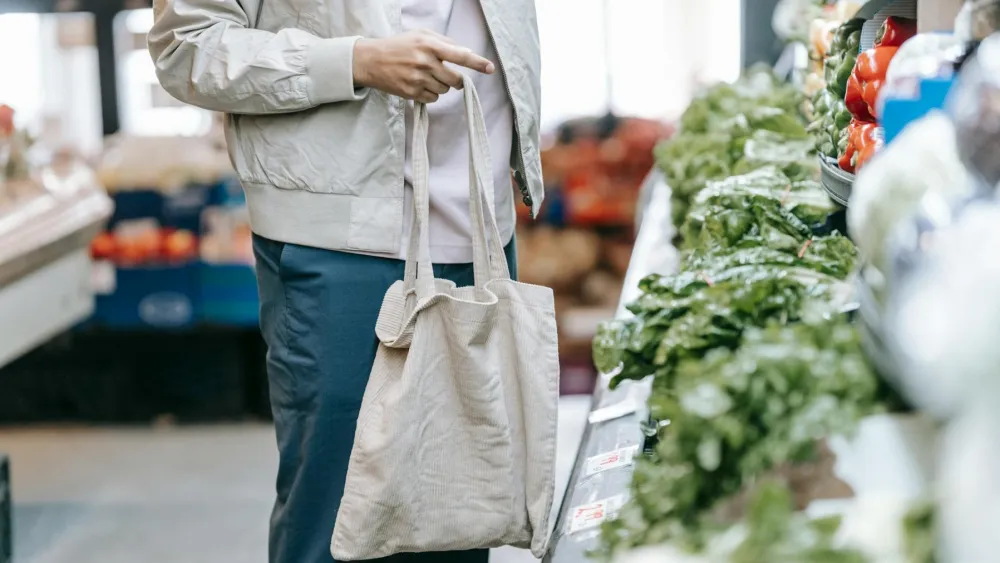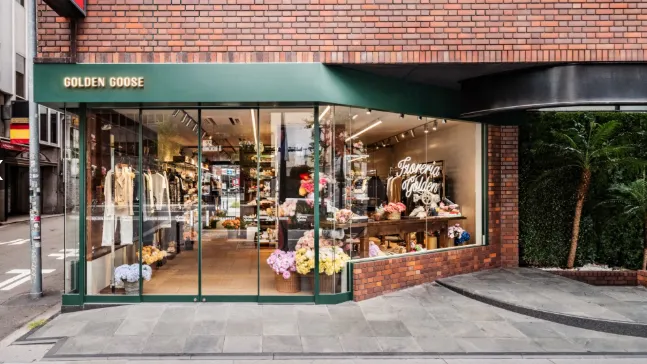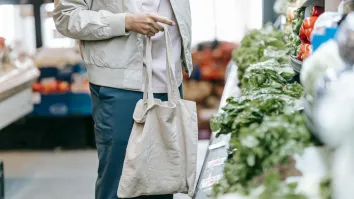
Around 3 in 5 consumers expect personalised shopping experience
However, only 40% trust brands to use their data responsibly and keep it safe.
Businesses are expected to provide their consumers with a personalised shopping experience, as 62% of customers say that they will lose their loyalty to a brand if they delivered an impersonal experience, according to customer engagement platform Twilio showed.
In its State of Personalisation Report 2022, Twilio also found that around half or 49% of global consumers say they will likely become repeat buyers of a retailer if they experienced a personalised shopping experience from them.
Around one in three consumers or 38% also said that they will shop again in a brand that they had a good experience with again, even if there are cheaper or more convenient options.
READ MORE: What APAC cross-border shoppers look for in a brand
Despite this, only 40% of consumers trust brands to use their data responsibly and keep it safe.
The Twilio report found that 60% of the shoppers worry that their data is being collected by brands without their permission, whilst 63% say that they are okay with personalisation as long as the brands are using their own data and not purchased data.
“Delivering personalized experiences requires personal data, so changing consumer attitudes towards sharing data online creates a paradox for businesses,” Twilio said in a statement.
The report added that 60% of consumers cited trustworthiness and transparency as the most important traits of a brand, amongst other traits, increasing from 55% in 2021.
Twilio conducted two surveys, a consumer and a business survey, conducted between April and May 2022. It involved 3,450 respondents from Australia, Brazil, Colombia, France, Germany, Italy, Japan, Mexico, Singapore, Spain, the United Kingdom and the United States with at least 250 respondents from each market.



















 Advertise
Advertise







